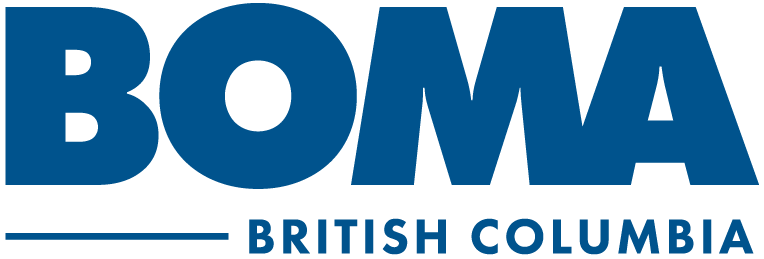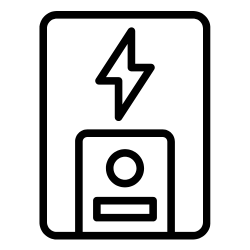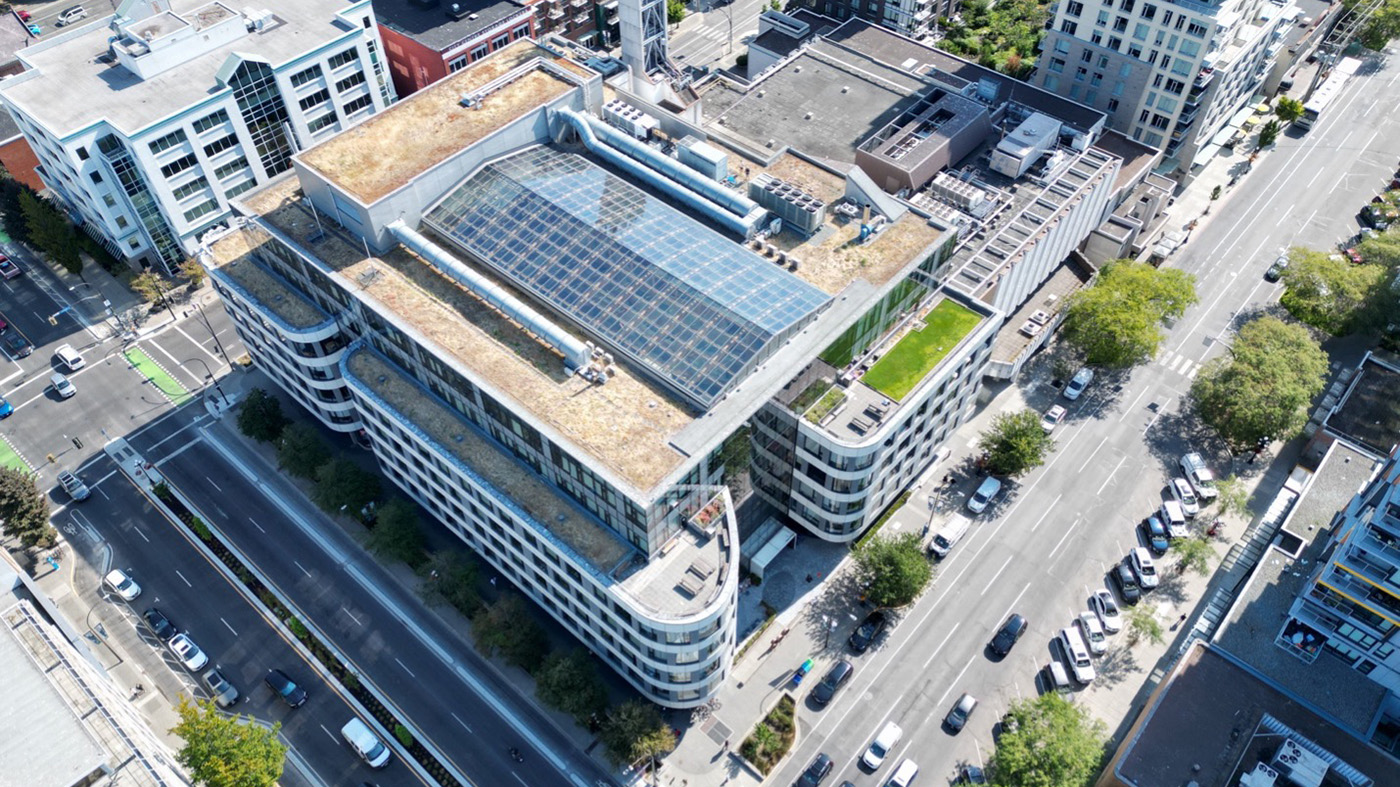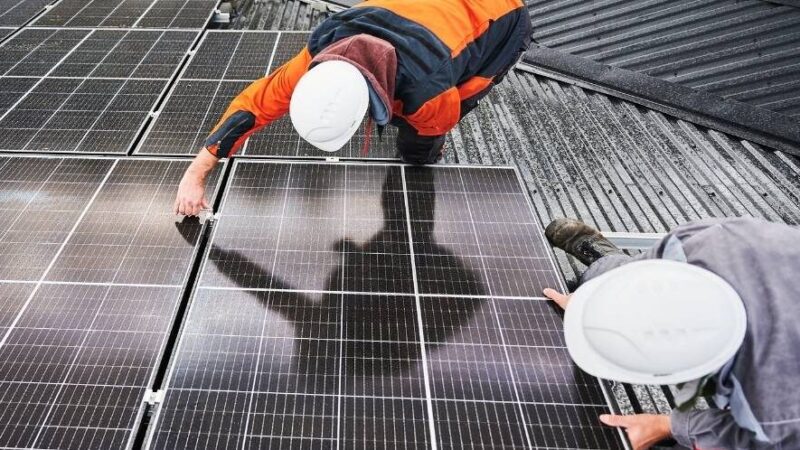The BC Retrofit Accelerator will kick-start climate and energy upgrades in hundreds of larger buildings across British Columbia.
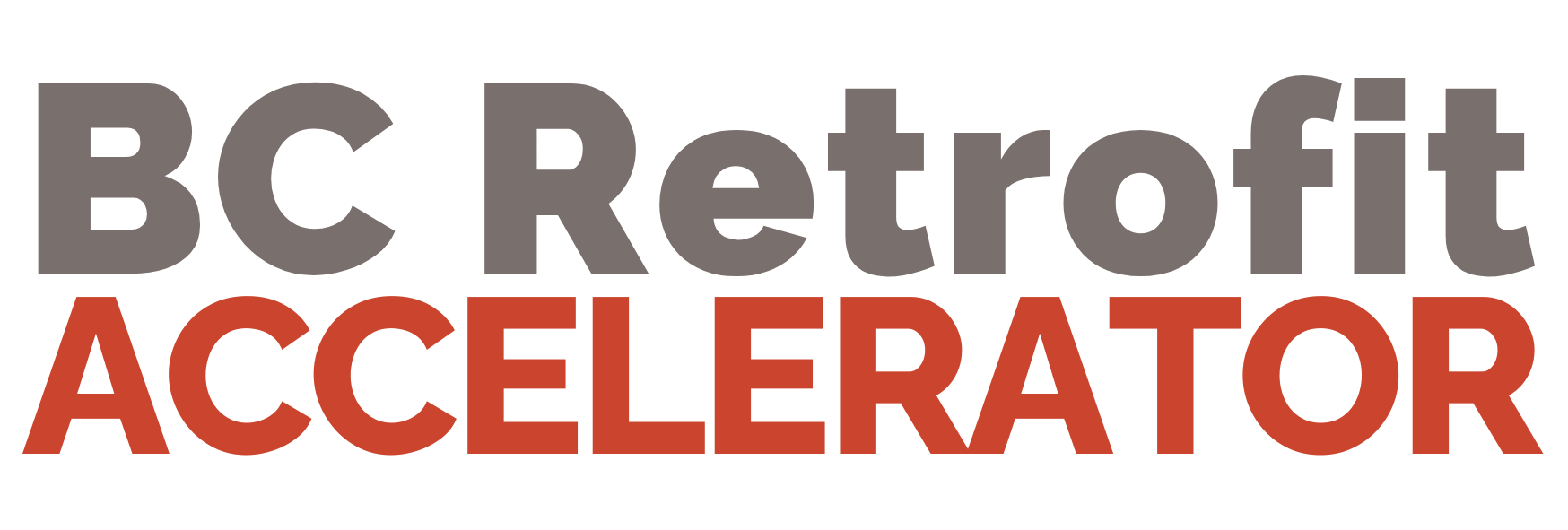
Across British Columbia, low-carbon, electric buildings are taking off, providing benefits for owners, tenants, and the province. By timing cost-effective climate and energy upgrades with regular building renewals, property owners and managers can deliver healthier and more comfortable homes and workplaces while taking climate action.
How Does it Work?
The BCRA provides expert advice and support services to strata councils and the owners and managers of larger commercial and residential properties—including rental, non-market, and off-reserve Indigenous housing.
This coaching includes support navigating all stages of a retrofit project: such as identifying technology and financing options and support through procurement and implementation.
Process:
1
Apply to relevant program stream
2
Co-create decarbonization plan
3
Receive coaching to develop first project
4
Implement project with support
BCRA programs will help participants access available rebates and financing, but the initiative does not provide direct capital project funding.
The BCRA support aligns and connects with BC Hydro programs, such as the recently launched MURB Retrofit Program in partnership with the Province, Solar & Battery Program, and other offers to support multi-family buildings.
Get Started
The BCRA consists of four program streams led by industry organizations. Interested building owners and managers—including strata councils—are invited to learn more or enroll through a relevant program stream:

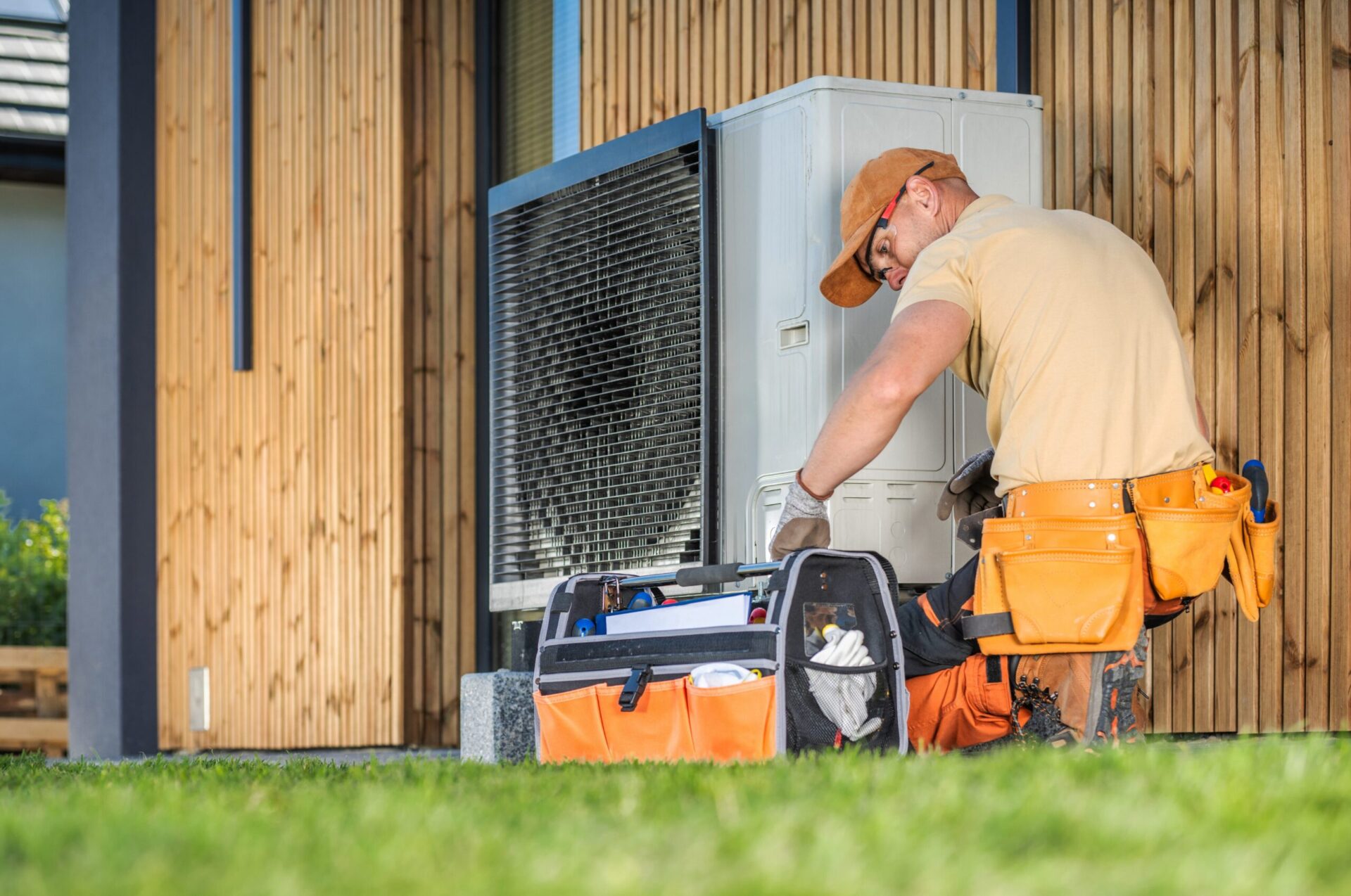


Program Benefits
By timing cost-effective energy and climate improvements with regular building renewals property upgrades, owners and managers can deliver healthier and more comfortable homes and workplaces. At the same time, the BC Retrofit Accelerator, working with public, non-profit, and private partners, will support a retrofit market transformation and help build industry capacity.
For Building Owners and Managers
- Better, more marketable property: upgrades enable health and comfort benefits for occupants and energy savings.
- Manage regulatory risk: ensure compliance with existing and emerging building GHG reduction regulations.
- Better planning: create a holistic plan aligning capital renewals with climate, comfort, and community objectives.
For Building Occupants
- Better health: building envelope improvements can help reduce traffic noise, air drafts, or moisture and mould problems.
- More comfort: electrifying heating systems allow for the addition of cooling, helping to manage temperatures year-round.
For the Province and Country
- Reduced GHG emissions: Buildings are responsible for about 25% of all GHGs in Metro Vancouver and 8% in BC. Shifting to low-carbon, electric buildings will support the achievement of climate targets.
- Accelerate market transformation: reduce barriers to efficient, resilient, and low- and zero-emissions buildings.
- Build industry capacity: support industry development, develop tools and standards, and advance data, research, tools, and standards.
What Are the Technologies?
These are examples of technologies that could be implemented in larger commercial or residential buildings.
Deep Energy Retrofit Approach
The BCRA supports "deep energy retrofits"—upgrading multiple building systems to achieve a minimum 50 per cent reduction in energy use and 80-100 per cent reduction in GHG emissions.
Our approach relies on the “zero over time” model. This means relying on trigger points, such as major building system replacements, to implement energy efficiency measures, renewable energy systems, or new features, such as cooling. Over time, these strategic improvements can support the achievement of a zero emissions building.
Latest News
The BC Retrofit Accelerator Team
Partners
Funders:
Natural Resources Canada • Ronald S. Roadburg Foundation • Metro Vancouver • Zero Emissions Innovation Centre
Advisory and Research Partners:
BC Hydro • City of Kamloops • City of Richmond • City of Surrey • City of Vancouver • City of Victoria • District of Saanich • Metro Vancouver • University of Victoria's Energy In Cities group


